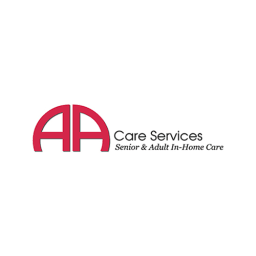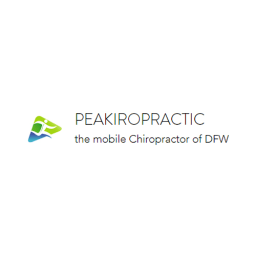
2024

Best Home Health Care Agencies
Find a Top-Ranked Home Health Care Agency Near You
We did the research for you!
- Licensing
- User Reviews
- Mystery Shopping Calls
Learn about our selection process.
Top Home Health Care Agencies
= Featured Provider
New York, NY
All Heart Homecare Agency
260 W 35th St, 7th floor, Suit 702, New York, NY 10001Expertise.com Concierge Service
New York, NYComfort Keepers Floral Park
6 Green Street, Floral Park, NY 11001
Los Angeles, CA
Luxe Homecare
Pacific Palisades, CA 90272True Caregiving
Canoga Park, CA 91303Angel's Touch Home Care Provider, Inc.
Los Angeles, CA 90048
Chicago, IL
Care & Comfort At Home
Elmhurst, IL 60126Gareda Home Care Services
Calumet City, IL 60409Companion Services of America
Deerfield, IL 60015
Brooklyn, NY
All Heart Homecare Agency
1664 East 14th Street, 2nd Floor, Brooklyn, NY 11229Expertise.com Concierge Service
Brooklyn, NY
Houston, TX
You're First Care
Houston, TXExpertise.com Concierge Service
Houston, TXC&S Healthcare Services
Houston, TX 77095
Phoenix, AZ
I Need An Angel, Inc.
8989 East Via Linda, Suite 215, Scottsdale, AZ 85258MD Home Health & MD Home Assist
Phoenix, AZ 85020Nightingale Homecare
Phoenix, AZ 85027
Philadelphia, PA
Attentive Care Service Agency, Inc.
5070 Parkside Avenue, Philadelphia, PA 19131Expertise.com Concierge Service
Philadelphia, PARight Aid Home Care Agency
305 South 60th Street, Philadelphia, PA 19139
San Antonio, TX
AA Care Services
San Antonio, TX 78217Ascensia Home Health
San Antonio, TX 78229Amada Senior Care
16607 Blanco Road, San Antonio, TX 78232
Dallas, TX
PEAKiropractic
Dallas, TX 75230CareStaf of Dallas
1341 W Mockingbird Ln Suite 115 W, Dallas, TX 75247Care Mountain
Dallas, TX 75206
Boston, MA
Amada Senior Care
Dedham, MA 02026Central Home Health Care
Newton, MA 02464Cahoon Care Associates
Norwell, MA 02061
Top Home Health Care Agencies in other locations
- Home Health Care Agencies in Milwaukee, WI
- Home Health Care Agencies in Seattle, WA
- Home Health Care Agencies in Denver, CO
- Home Health Care Agencies in Nashville, TN
- Home Health Care Agencies in Washington DC
- Home Health Care Agencies in Louisville, KY
- Home Health Care Agencies in Oklahoma City, OK
- Home Health Care Agencies in Tucson, AZ
- Home Health Care Agencies in Atlanta, GA
- Home Health Care Agencies in Orlando, FL




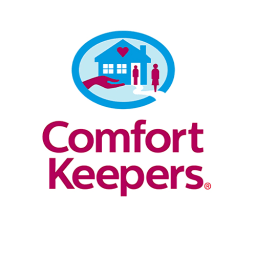






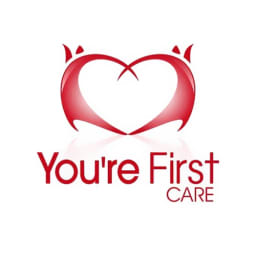
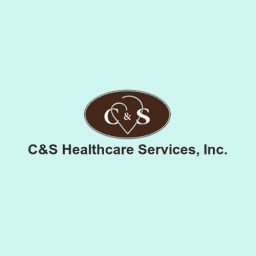



.jpg)

